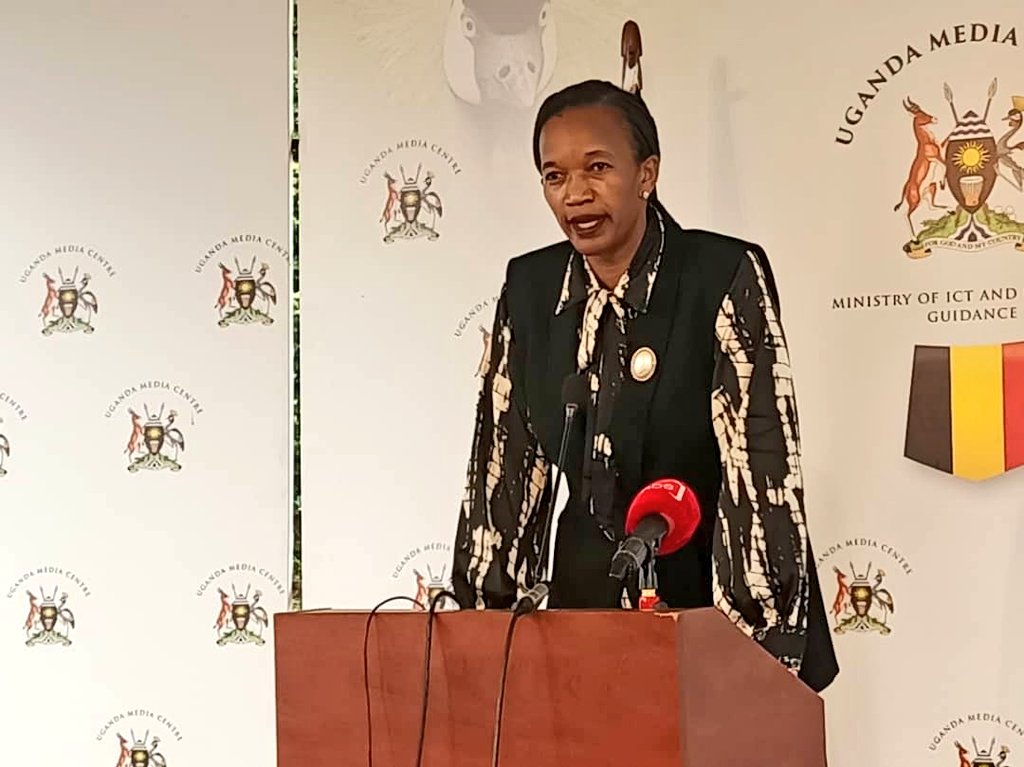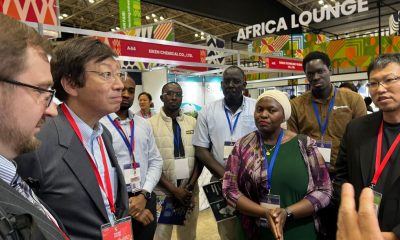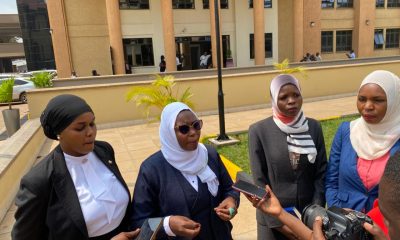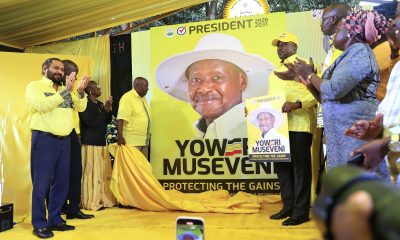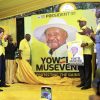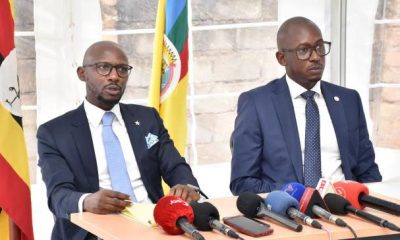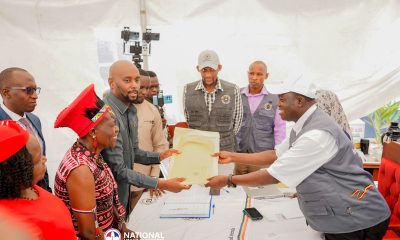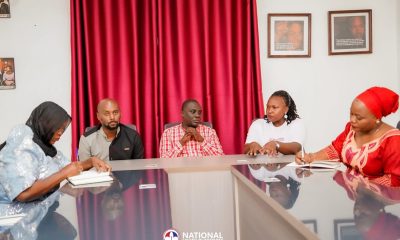Politics
Gov’t Unveils Guidelines for Workers’ Elections to Parliament and Local Councils
The Ministry of Gender, Labour and Social Development has outlined the electoral process for choosing workers’ representatives to Parliament and district councils, ahead of key elections slated for this week.
Addressing journalists on Tuesday, State Minister for Labour, Employment and Industrial Relations, Esther Anyakun Davinia, said conferences for non-unionised workers will be held on Wednesday, paving the way for the Electoral Commission to organise and oversee elections at sub-county, municipal, city, and town council levels.
The elections, she noted, will be conducted under the Parliamentary Elections Act and the Local Governments Act, which spell out the composition of the electoral college responsible for selecting five parliamentary seats and two district council seats for workers. The electoral college will comprise delegates from registered labour unions as well as representatives nominated by non-unionised workers across the country’s four regions — Central, Eastern, Northern, and Western.
Davinia explained that registered labour unions must meet strict criteria to submit their delegate lists. Unions must have been in existence for at least six months, held annual general meetings consistently over the past three years, and filed annual returns with the Registrar of Labour Unions. In addition, union leaders must be formally recognised officials registered with the labour registrar.
Union nominees must be Ugandan citizens aged 18 and above, possess a national ID, be registered voters, and provide proof of employment through contracts, salary slips, and union subscription records covering the past five months.
For non-unionised workers, eligibility also requires Ugandan citizenship, a national identification card, and voter registration. They must present valid employment contracts, a company-issued employment identification, and evidence of salary payments for at least three months prior to registration. Importantly, they must not be members of any registered union.
The ministry has developed detailed guidelines to assist the Electoral Commission in compiling a credible register of workers. These guidelines also direct public officers on the verification process. To ensure transparency, the information has been widely published in both print and digital platforms for public access.
Davinia urged all eligible workers, labour unions, employers, and local governments to take part in the process. She specifically encouraged non-unionised workers to register at their local sub-county, municipal, city, or town council offices. “Government expects that all stakeholders will adhere to these provisions, thereby ensuring that the election of Workers’ Representatives reflects the aspirations of the labour force and contributes meaningfully to Uganda’s development agenda,” she emphasised.
Comments



